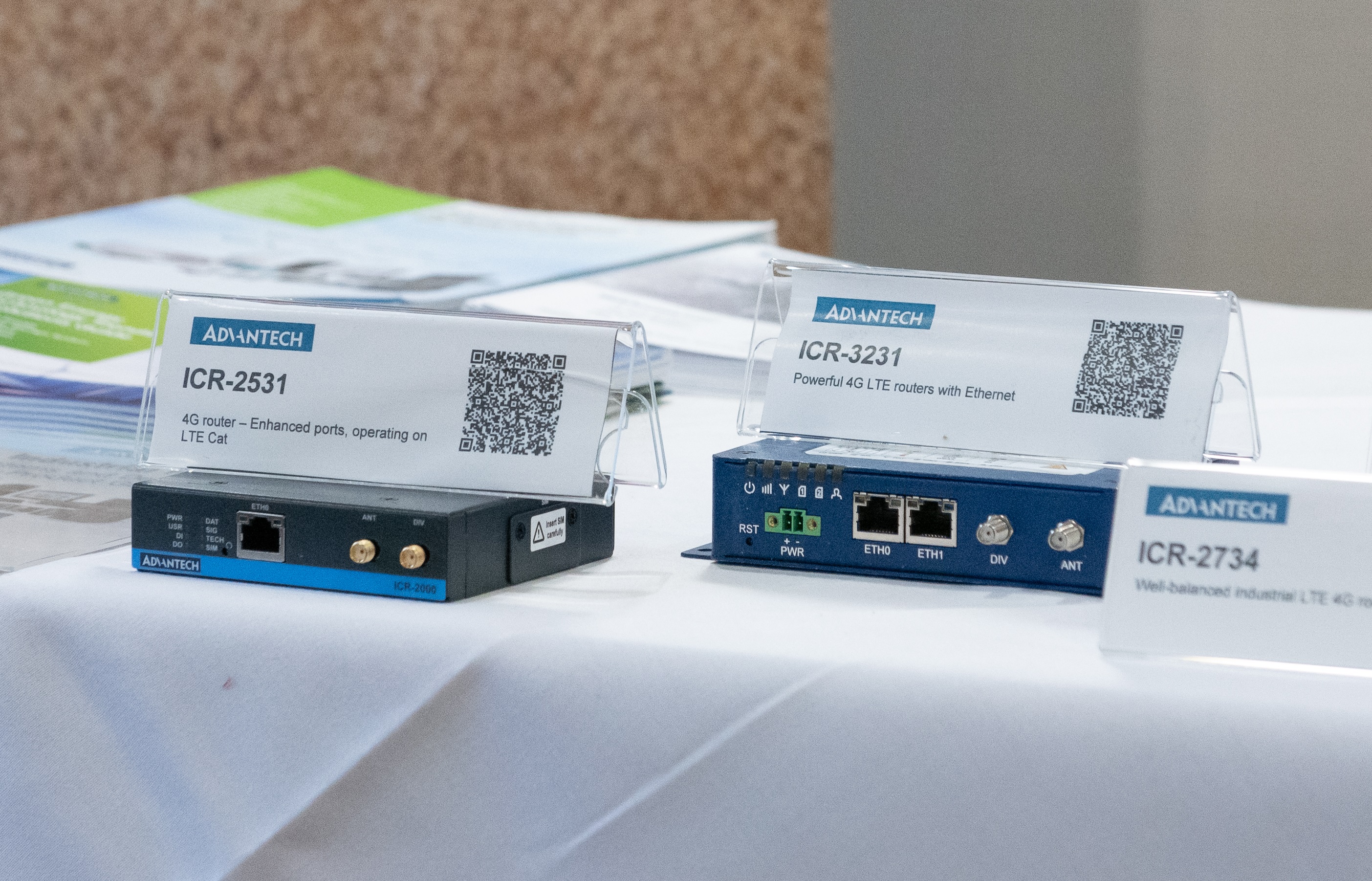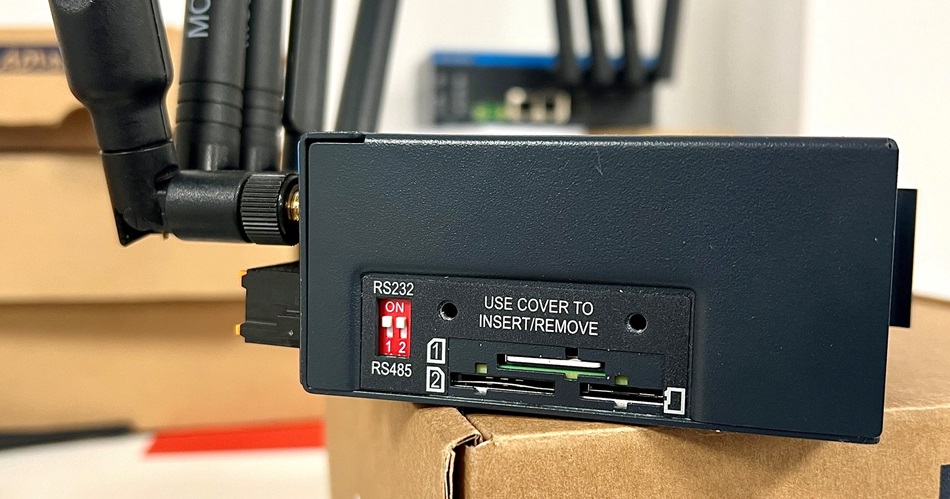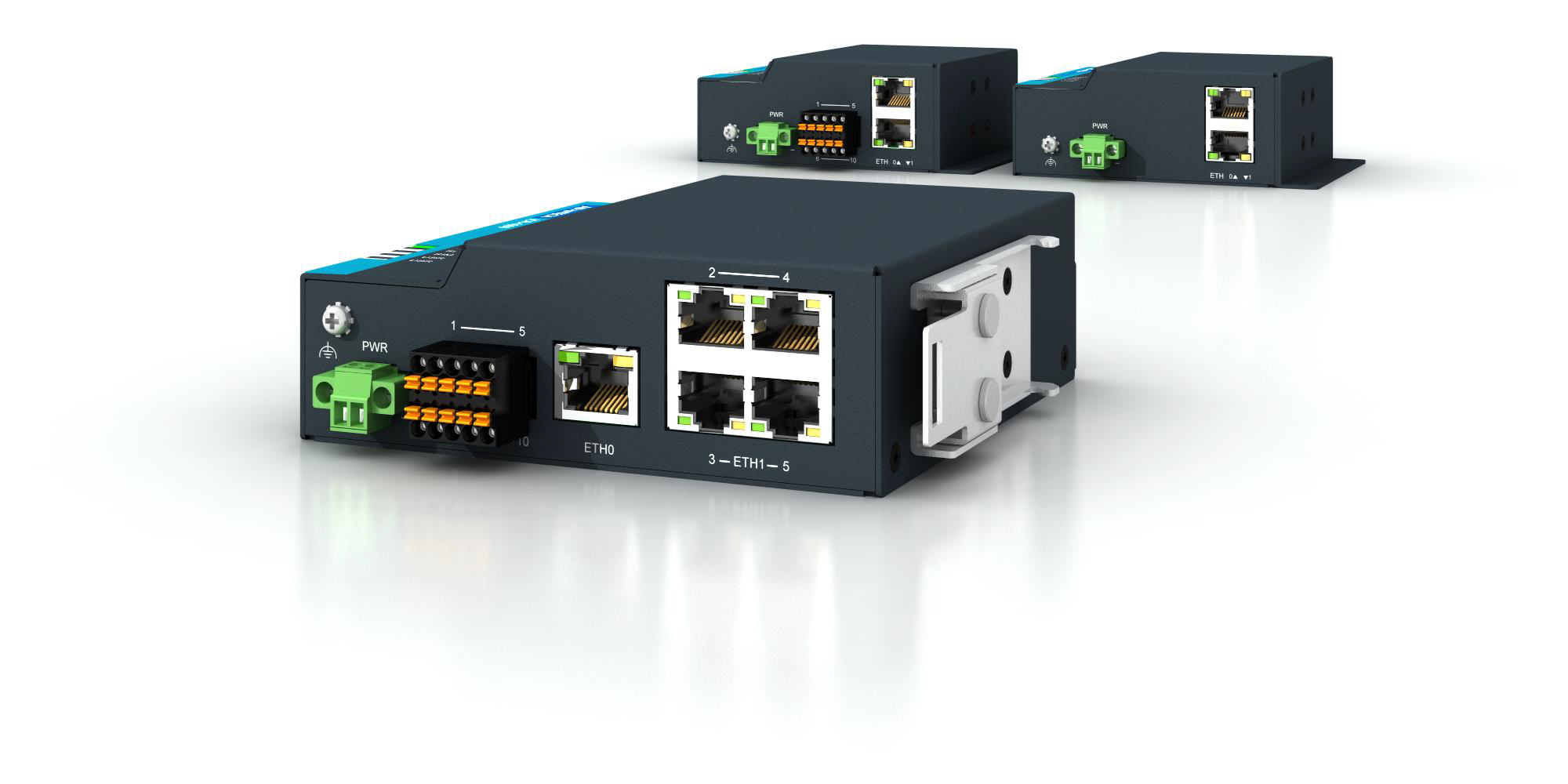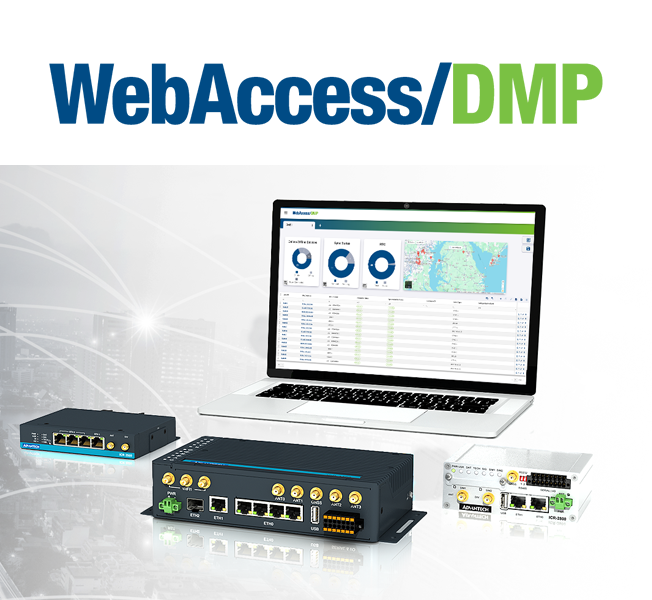
How Do Industrial Cellular Routers Differ from Home Grade Routers?
In an increasingly connected world, routers are essential for keeping both homes and businesses online. But not all routers are created equal. While consumer-grade routers do a great job of keeping our homes connected, industrial cellular routers serve a very different set of needs. Understanding how they differ is key to justifying the added cost of industrial routers for certain use cases.
How Do Industrial Cellular Routers Differ from Consumer-Grade Home Routers and Why Do We Justify The Cost Difference?
How Do Industrial Cellular Routers Differ from Consumer-Grade Home Routers?
In an increasingly connected world, routers are essential for keeping both homes and businesses online. But not all routers are created equal. While consumer-grade routers do a great job of keeping our homes connected, industrial cellular routers serve a very different set of needs. Understanding how they differ is key to justifying the added cost of industrial routers for certain use cases.

1. Durability and Reliability
Consumer-grade routers are designed for a controlled environment—your home. They typically sit on a shelf or desk, handling light to moderate internet traffic for tasks like web browsing, streaming, and remote work. They work perfectly fine for these tasks but struggle when exposed to extreme conditions like heat, cold, or physical wear.
On the other hand, industrial cellular routers are built for rugged environments. They’re designed to endure extreme temperatures, vibrations, dust, and even moisture, making them suitable for industries like transportation, energy, manufacturing, and remote monitoring. These routers are often used in remote locations, including wind farms, smart city infrastructure and roadside locations where connectivity is critical.
Most often, the added cost of an industrial router is directly and at least in part, tied to its durability and ability to operate 24/7 in challenging conditions. Downtime in industrial applications can lead to significant financial losses, making reliability crucial. Spending more on a router that can guarantee uptime justifies the investment.
2. Advanced Connectivity and Redundancy Features
Home routers are designed to handle relatively stable, low-stakes internet use. While they can offer decent speed and range, they typically lack advanced failover or multi-network support. If your home router loses connection, you can reset it and quickly get back online with little consequence. Home-grade routers also tend to have limited port options and more restricted feature sets.
In contrast, industrial cellular routers often come with dual-SIM or multi-network failover, ensuring that if one network fails, the router will automatically switch to another. This is critical in industrial environments where continuous data transmission is required. Industrial routers support advanced features like multi-band connectivity, long-range communication, and multiple WAN interfaces to ensure continuous, uninterrupted connectivity. Additionally, industrial routers often feature faster CPUs and larger on-board memory, providing greater user-customisation and enabling advanced capabilities such as embedded applications and edge computing.
How do we justify the cost? In industrial applications, connectivity failure can halt operations, leading to massive productivity losses or even safety hazards. The ability to maintain constant uptime through failover mechanisms more than compensates for the higher upfront cost of an industrial router.

3. Enhanced Security
Security is a significant factor when comparing consumer-grade and industrial-grade routers. While home routers offer basic security features like WPA2 encryption and simple firewalls, they’re not equipped to handle high-level, sophisticated attacks.
Industrial cellular routers are designed with advanced security features like firewalls, VPN support, intrusion detection systems (IDS), and encrypted data transfer. They are critical for industries handling sensitive data or running critical infrastructure. For instance, utilities managing power grids, manufacturers using IoT devices, or companies running remote site monitoring systems rely on secure, encrypted data transmission.
A security breach in an industrial setting could result in not just data loss but catastrophic system failures. The cost of a security breach in industrial networks far outweighs the price of a high-security router. Investing in an industrial router ensures that sensitive systems are protected against cyberattacks.

4. Remote Management and Scalability
One of the limitations of consumer-grade routers is their limited remote management capabilities. In a home setting, you may need to reset your router once in a while, but most users manage this locally through an app or web interface.
Industrial routers like our Advantech ICR range, offer centralised remote management capabilities through software such as WebAccess/DMP. These routers allow network administrators to monitor and configure hundreds or even thousands of routers across a wide geographical area from a single dashboard. Whether you're managing networks in different countries or multiple machines in a manufacturing plant, industrial routers offer seamless, real-time updates and monitoring.
For organisations managing large, distributed networks, centralised control is crucial. The cost savings in terms of reduced downtime, fewer on-site maintenance visits, and more efficient troubleshooting are all major benefits when we look at the diferences between a home-grade device and its industrial counterpart.

5. Longevity and Total Cost of Ownership
Home routers generally have a shorter lifespan. They aren’t built for constant, heavy usage and are often replaced every few years due to obsolescence or performance degradation. Their shorter life cycle and limited warranty make them a less viable option for long-term, heavy-duty use.
In contrast, industrial cellular routers are engineered to last. They come with comprehensive warranties and longer life cycles, designed to handle high-bandwidth traffic and continuous uptime. Their ability to integrate with a variety of industrial protocols (e.g., Modbus, DNP3) also adds to their long-term value, allowing seamless communication between industrial machinery and systems.
While the initial cost is higher, the longevity of industrial routers, combined with their reduced maintenance needs, leads to a lower total cost of ownership (TCO) over time. They provide a much better return on investment in environments where uptime and reliability are crucial.
Conclusion: Why Invest in an Industrial Router?
Industrial cellular routers may carry a higher price tag than consumer-grade home routers, but the added cost is easily justified when you consider the value they bring:
Reliability in more challenging environments.
Advanced features like dual-SIM failover, VPN support, and remote management.
Stronger security to protect critical data.
Scalability and centralised control for distributed operations.
Longevity that lowers the total cost of ownership over time.
For businesses and industries where uptime, security, and performance are mission-critical, the investment in an industrial cellular router isn't just justified—it’s essential.
Investing in the right router means ensuring that your network can handle the unique demands of your environment. While consumer routers work great for homes, industrial-grade routers are designed to meet the needs of industries where reliability, security, and continuous connectivity aren’t just nice-to-haves—they’re non-negotiable.